US ends electric vehicle incentive program
The electric car manufacturing industry is facing a major turning point: starting at 0:00 on October 1, US time, the US government will officially end federal tax subsidies for this type of vehicle.
Over the years, this has been considered one of the leading subsidy policies to promote the clean energy vehicle market in the US. Currently, this subsidy is at a maximum of 7,500 USD for each new electric vehicle sold and 4,000 USD for used electric vehicles sold through dealers. Electric vehicles will also have to meet a number of other requirements regarding selling price, total vehicle weight, mineral and battery criteria, as well as the income of the car buyer to qualify for the subsidy, as well as calculate the subsidy level received.
Given that electric vehicle prices in the US and globally remain relatively high, this subsidy could have a significant impact. The average price of a new electric vehicle in the US is currently around $57,000. Thus, if consumers qualify for the maximum subsidy of $7,500, they will receive a reduction of up to 14% on the selling price of the vehicle.
According to the latest figures from the US Internal Revenue Service (IRS), there have been approximately 488,000 tax claims for new electric vehicle tax credits in 2023, with a total value of approximately $3.3 billion. This shows that this subsidy program has contributed significantly to promoting the demand for electric vehicles among Americans in recent years.
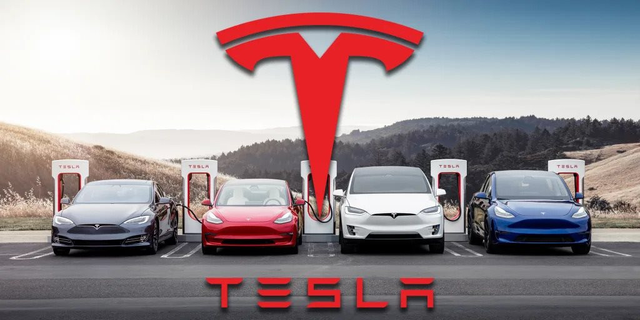
Electric car companies Rivian and Tesla continuously stimulate demand with last-minute promotions via email and website.
The race for electric car sales before subsidies expire
With the federal subsidy clearly playing a role, the end of this incentive package is also stirring up the electric vehicle market, creating a sales frenzy in recent days as the deadline approaches. Many automakers are trying to take advantage of financial solutions to ensure incentives for customers until after the deadline, and buyers are also considering their wallets, to take advantage of buying a cheap car while there is still an opportunity.
Forbes mentions a case where a car dealership CEO had to make phone calls to advise customers to buy cars as soon as possible, especially low-cost models like Ford, Volkswagen and Chevy Equinox with starting prices under $40,000. Meanwhile, electric car companies Rivian and Tesla constantly stimulate demand with last-minute deals via email and website.
Customers who can’t buy a car this time need not worry. Ford and GM finance companies will buy back the vehicles from dealers before October and then lease them back to customers, paying in installments at the price minus the subsidy. This is a way to prolong the benefits of the subsidy policy, according to Reuters.
CBS News cited data from auto market research firm Cox Automotive, electric vehicle sales hit a record high in August. Sales of new and used electric vehicles increased 17.7% and 59% respectively compared to the same period last year.
But what will the electric car market look like after September when the federal tax incentives are gone? American automakers also understand that American consumers are very pragmatic in choosing to buy or trade in their cars if they still run well. Therefore, if the selling price is not better or the price is high, the automakers will lose market share.
The Washington Post cited data from the US auto market research firm - AutoPacific, showing that 25% of all cars sold in the US in 2029 will be fully electric. Now that number has been revised down by more than half, to 12%.
CNN Business reports that electric vehicle sales in the US will almost certainly fall sharply when federal tax incentives for electric vehicle buyers expire on October 1. However, where prices will go is still uncertain.
Experts say that after the sales boom in the third quarter, the electric vehicle market is expected to enter a lull, creating a necessary gap for automakers and the US government to promote more uniform charging station infrastructure, standardize the battery supply chain and reduce production costs.
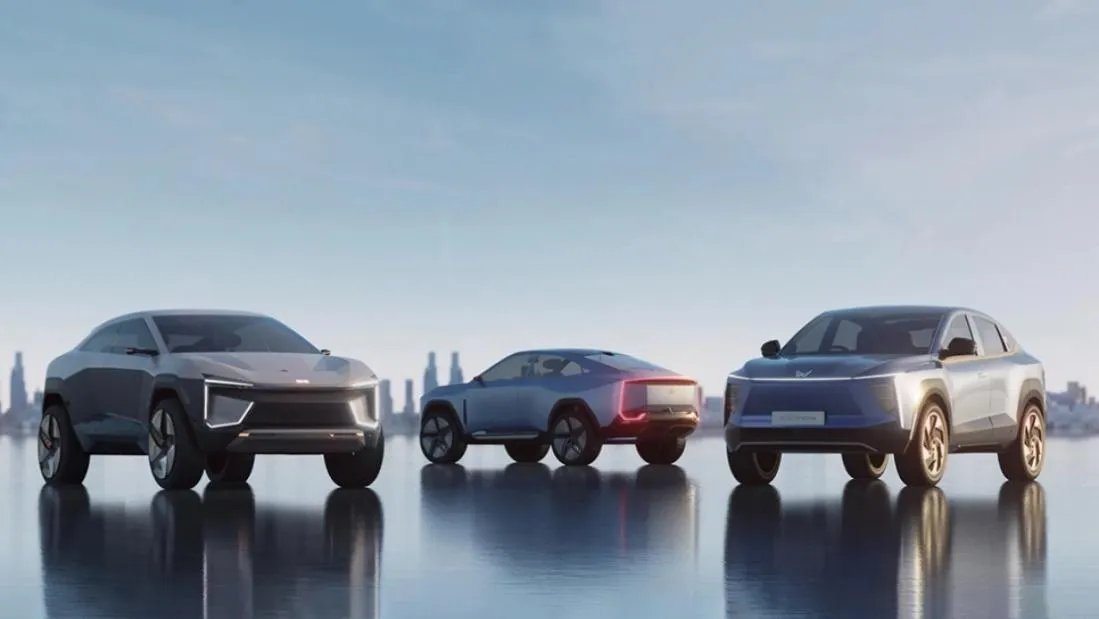
The end of tax incentives will have a major impact on demand, forcing automakers to adjust electric vehicle production to cope.
Car companies adapt to market changes
With automakers and buyers racing to cut subsidies, the US market is preparing for a major sales squeeze in the coming months. These changes will certainly be challenging, but for automakers, this could also be an opportunity for them to make adjustments, adapt to the new situation and maintain their competitiveness in the market.
According to experts, the end of tax incentives will greatly affect demand, forcing automakers to adjust electric vehicle production to cope. Honda recently confirmed that it will stop producing the Acura ZDX electric car at its factory in Tennessee, due to weak demand.
GM has also adjusted its electric vehicle production plans, reduced working hours and delayed the launch of some new models, while Volkswagen and Porsche said they would change their electric vehicle plans or cut jobs related to this segment.
"In the coming period, I think we will see fewer products introduced than in the past. So some automakers have actually canceled electric vehicle models that they had previously announced. And I think automakers will also spend less money trying to develop new electric vehicles, or improve technology," said Associate Professor Stephanie Weber, University of Colorado Boulder, USA.
However, the lack of incentives does not mean that the demand for electric vehicles will be eliminated. The US electric vehicle market is expected to face a slowdown, after several years of continuous growth, before it can mature and stand on its own thanks to natural demand, instead of depending on subsidies.
Associate Professor Stephanie Weber - University of Colorado Boulder, USA shared: "There are still many people who want to buy electric cars. And when tax incentives end, Tesla or GM will continue to sell electric cars. Sales will not disappear, although we may see declines."
In the long term, automakers still have high hopes for the US electric vehicle market. Toyota has plans to increase production of electric vehicles at its factory in Kentucky, while Rivian has just broken ground on a $5 billion factory in Georgia, with an expected capacity of 200,000 vehicles/year.
Mr. RJ Scaringe - Founder and CEO, electric vehicle company Rivian commented: "This journey has not been easy, we have overcome many challenges and now want to ensure a solid position. Once we start building, we cannot lack a clear vision of the ability to complete and bring the project to success."
Automakers are expected to gradually adapt by cutting prices to maintain competitiveness and maintain sales. Ford recently announced a program to focus on low-cost electric vehicles, developing electric vehicles that are truly popular in the market, while Tesla is preparing to launch more competitively priced electric vehicles in the fourth quarter to not depend on tax incentives and continue to maintain its market leadership position.
Source: https://vtv.vn/tuong-lai-nganh-xe-dien-my-sau-khi-cham-dut-tro-cap-100251001112720934.htm


![[Photo] Bustling Mid-Autumn Festival at the Museum of Ethnology](https://vphoto.vietnam.vn/thumb/1200x675/vietnam/resource/IMAGE/2025/10/4/da8d5927734d4ca58e3eced14bc435a3)
![[Photo] Solemn opening of the 8th Congress of the Central Public Security Party Committee, term 2025-2030](https://vphoto.vietnam.vn/thumb/1200x675/vietnam/resource/IMAGE/2025/10/4/f3b00fb779f44979809441a4dac5c7df)


![[Photo] General Secretary To Lam attends the 8th Congress of the Central Public Security Party Committee](https://vphoto.vietnam.vn/thumb/1200x675/vietnam/resource/IMAGE/2025/10/4/79fadf490f674dc483794f2d955f6045)

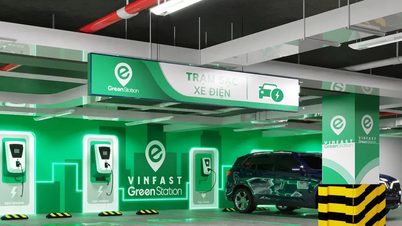





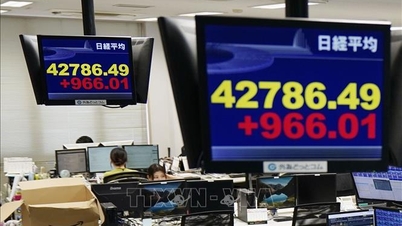








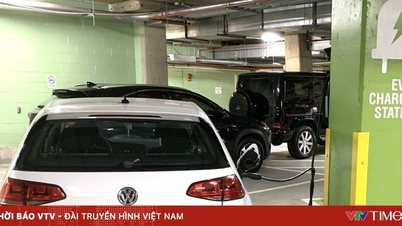





































![[VIDEO] Summary of Petrovietnam's 50th Anniversary Ceremony](https://vphoto.vietnam.vn/thumb/402x226/vietnam/resource/IMAGE/2025/10/4/abe133bdb8114793a16d4fe3e5bd0f12)
![[VIDEO] GENERAL SECRETARY TO LAM AWARDS PETROVIETNAM 8 GOLDEN WORDS: "PIONEER - EXCELLENT - SUSTAINABLE - GLOBAL"](https://vphoto.vietnam.vn/thumb/402x226/vietnam/resource/IMAGE/2025/7/23/c2fdb48863e846cfa9fb8e6ea9cf44e7)































Comment (0)